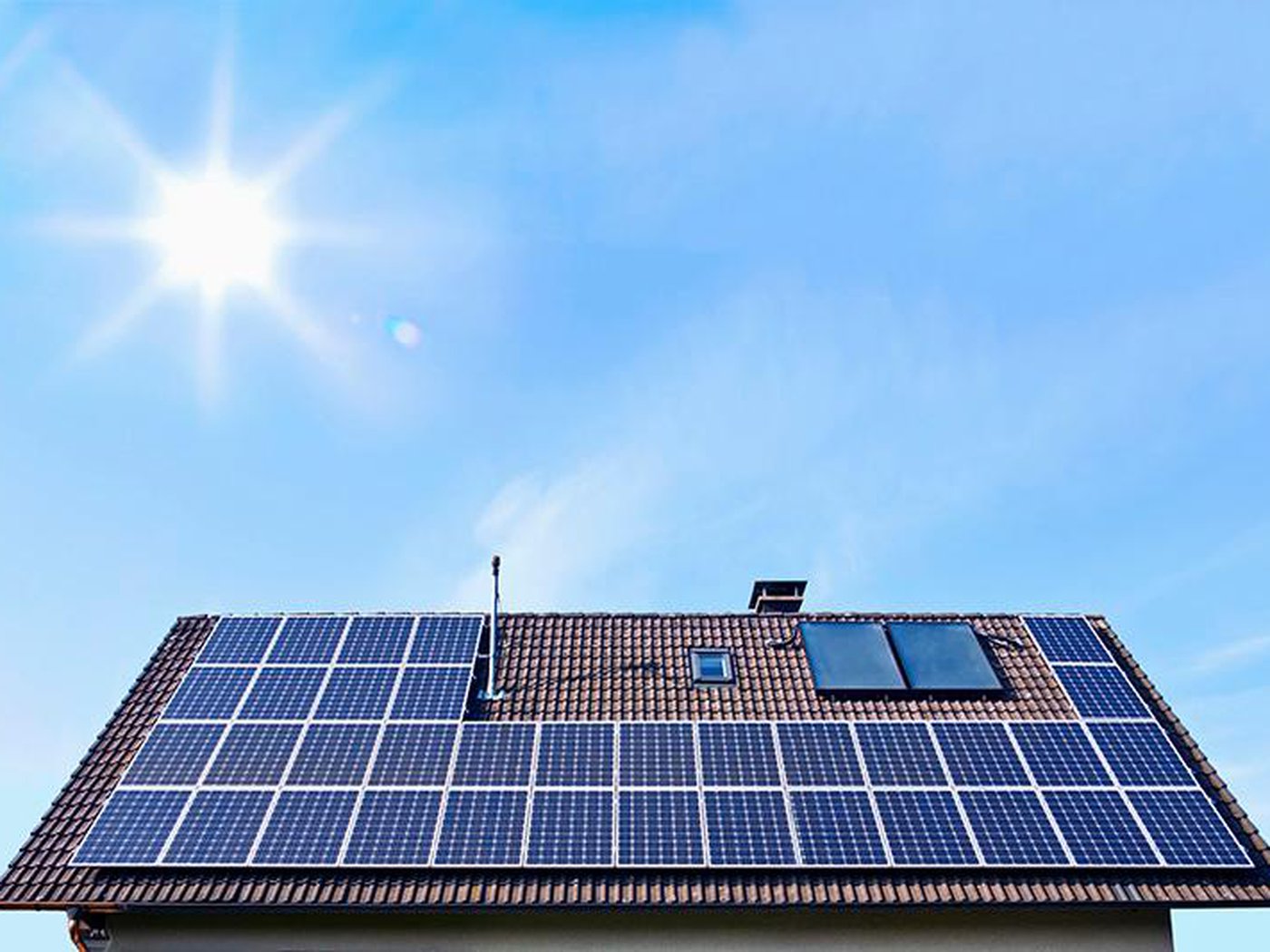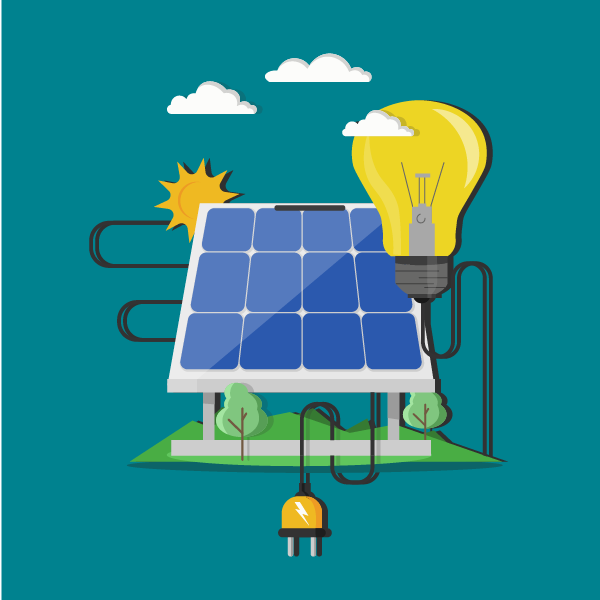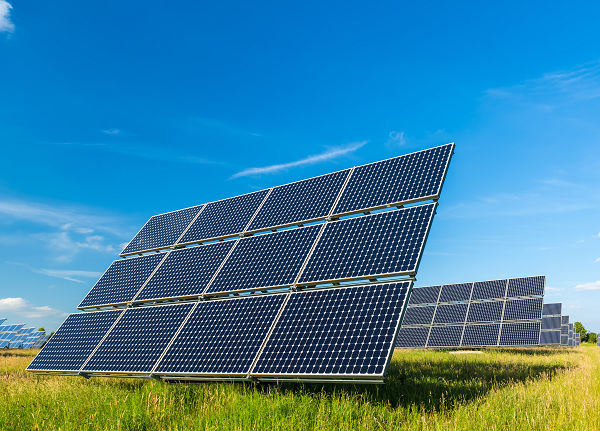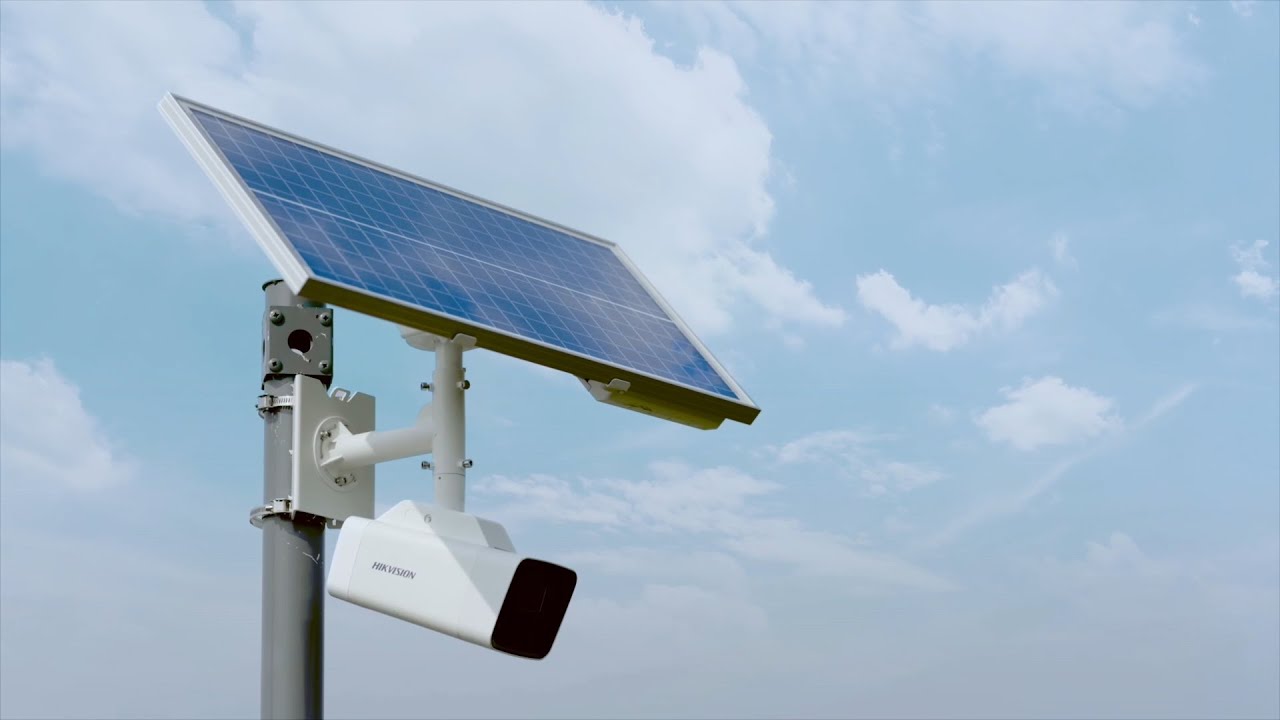With a solar panel, the sun’s rays are directly converted into electricity. Not only are they a good source of light, but they also help warm homes and businesses in winter and provide hot water. And if you want to go the next step, you can use solar panels for commercial buildings to heat and cool them. These panels are also perfect for powering large power stations, such as windmills. In fact, the sun can supply all the energy you need to run a business or a home for a year, and they can even be installed on rooftops.

As with any type of industry, the solar power manufacturing process involves varying levels of education and training. Some positions require formal training and apprenticeships. In some cases, experience with electronics is helpful. Industrial production managers need a college degree, and usually a background in engineering or business management. You can also pursue a degree in electrical engineering, if you have the requisite technical skills. If you want to work on solar panels, however, you should be aware that the solar energy manufacturing process involves a lot of machinery and technology.
The solar power manufacturing process requires varying levels of training. The majority of production workers receive on-the-job training, though higher-level jobs may require formal education. In some cases, you may need to complete an apprenticeship or a formal program. Some positions require specific experience in electronics or solar power. Some jobs in solar power manufacturing may require a college degree in electrical engineering or business administration. There are some positions that are not as well paid, but are very rewarding.
The solar power manufacturing process requires varying levels of training. While most workers learn on the job, more advanced positions may require formal education and certification. In some cases, experience with electronics is helpful. Some people may have other technical skills, such as computer programming, which is beneficial. For example, those with a background in electrical engineering or computer science may want to consider working as a system designer. They should be able to provide adequate electricity for the entire world.
The solar power manufacturing process also requires training in different areas. Many workers will need a college degree and experience in electrical and mechanical engineering. Some jobs in the solar power industry will require you to complete an internship. Some positions will require you to complete a residency or an internship. While most people have some technical skills, the solar energy manufacturing process is largely self-taught. And while there are no formal educational requirements, you may need to have some work experience in the field.
The manufacturing process of solar power requires a range of skills. Some workers are certified in the industry, while others may not. Some jobs in the solar power industry require a college degree. A degree in industrial technology or business administration is necessary to work in the solar energy manufacturing industry. Similarly, a master’s degree in electrical engineering will be helpful for those with a technical knowledge of electronics. Ultimately, the job market is fueled by the sun’s rays.
The solar power manufacturing process requires a wide variety of skills. It includes both manual and automatic production. Some jobs in the manufacturing process require a college degree, while others require more hands-on experience. Most positions in the manufacturing process are entry-level, but some positions are more highly skilled and require specific qualifications. A bachelor’s degree in electrical engineering is required to become an industrial production manager. A college degree in electrical engineering will be helpful for managers in the solar power industry.
The development of solar power is a growing industry. There are a number of solar PV systems, and they can be used for residential, commercial, and industrial purposes. These systems are a great alternative to coal, gas, and nuclear plants. They produce electricity using solar panels and do not create any pollution or emissions. There are also many advantages. You will be saving money and doing your part to reduce the environmental impact of the production. The energy of the sun is free.
In addition to providing heat, solar power can also provide a frequency response, which helps balance the electricity grid. In a recent trial, a number of domestic users were paid to export excess energy to the grid, which helped balance demand and supply. The efficiency of solar power systems also increases the demand for electricity. In addition to producing electricity, solar thermal systems can generate a variety of other forms of energy. There is a need for more research and development in the field of renewable energy.






